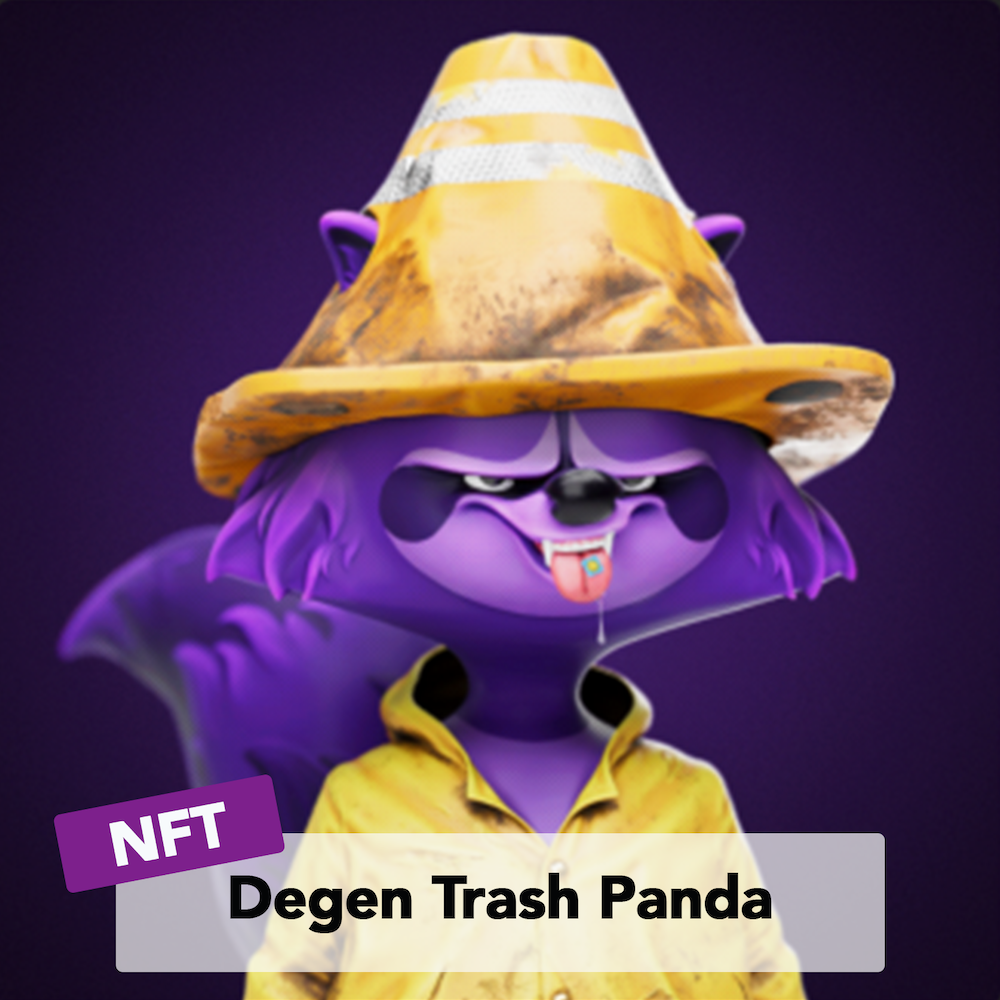The Future of Cryptocurrencies: Insights into QNT, XRP, and XLM by 2025
As the landscape of cryptocurrencies continues to evolve, interest surges around specific tokens and their potential impact on the future of digital finance. Among these, Quant (QNT), XRP, and Stellar (XLM) have emerged as noteworthy contenders, especially with significant regulatory changes and technological advancements on the horizon. This article explores the relevance of these cryptocurrencies heading into 2025, highlighting their significance and expected transformations in the digital economy.
The Role of Interoperability with Quant (QNT)
One of the standout tokens, Quant (QNT), is primed for a crucial role in enhancing blockchain interoperability. Its innovative Overledger technology facilitates seamless transaction capabilities across diverse blockchain networks. This means that different cryptocurrencies and digital assets can interact more efficiently, breaking down the silos that often hinder blockchain technology’s broader adoption.
Quant’s Overledger platform enables developers to connect various blockchain environments through a unified interface. This interoperability ensures that businesses can integrate blockchain solutions into their operations more effortlessly, addressing the complexities associated with managing multiple systems. As financial institutions increasingly seek to leverage blockchain technology, Quant’s unique capability to provide a secure, adaptable, and future-proof solution positions it as a vital player in the evolving digital finance landscape
The Evolution and Impact of XRP
XRP is also integral to the future of cross-border payments and financial services. As organizations explore central bank digital currencies (CBDCs) and regulatory frameworks evolve, XRP is uniquely positioned to facilitate real-time transactions across international borders. The cryptocurrency’s underlying protocol is designed for fast, cost-effective transfers, making it a preferred choice for institutions aiming to transition to modern payment systems.
Key regulatory developments, particularly the Federal Reserve’s mandate for ISO 20022 compliant payments, will be implemented by March 2025. This transition signifies a significant shift in how transactions will be processed, with XRP positioned at the forefront of this change【4:19†source】 . Such advancements are set to improve efficiency and transparency in cross-border transactions, positioning XRP as a crucial asset in the digital economy of the future.
The Potential of Stellar (XLM) in Global Finance
Stellar (XLM) plays a complementary role to XRP, particularly in the realm of financial inclusion and remittances. With its focus on facilitating low-cost transactions, Stellar aims to serve the unbanked and underbanked populations worldwide by providing access to financial services through its blockchain framework.
By using its network, institutions can tokenize assets, automate transactions, and advance towards digital currency use on a global scale. As Stellar continues to build partnerships with various organizations and governments, its potential to revolutionize how people transact and access financial services cannot be overlooked. In conjunction with XRP, Stellar’s capabilities will significantly impact international remittance flows and accessibility in the coming years.
Conclusion
The prospects for QNT, XRP, and XLM as we approach 2025 are promising. Each of these cryptocurrencies brings unique strengths to the table, addressing critical aspects of the future financial ecosystem such as interoperability, efficient cross-border payments, and increased accessibility for underbanked populations. As technology progresses and regulatory frameworks solidify, these tokens are likely to play pivotal roles in reshaping the global economy.
Investors and stakeholders keen on the future of digital finance would do well to keep an eye on these developments, as they are poised to be at the forefront of the next wave of innovation in cryptocurrency and blockchain technology. Embracing these changes can lead to informed decisions and optimized strategies for navigating the evolving landscape of digital assets.

